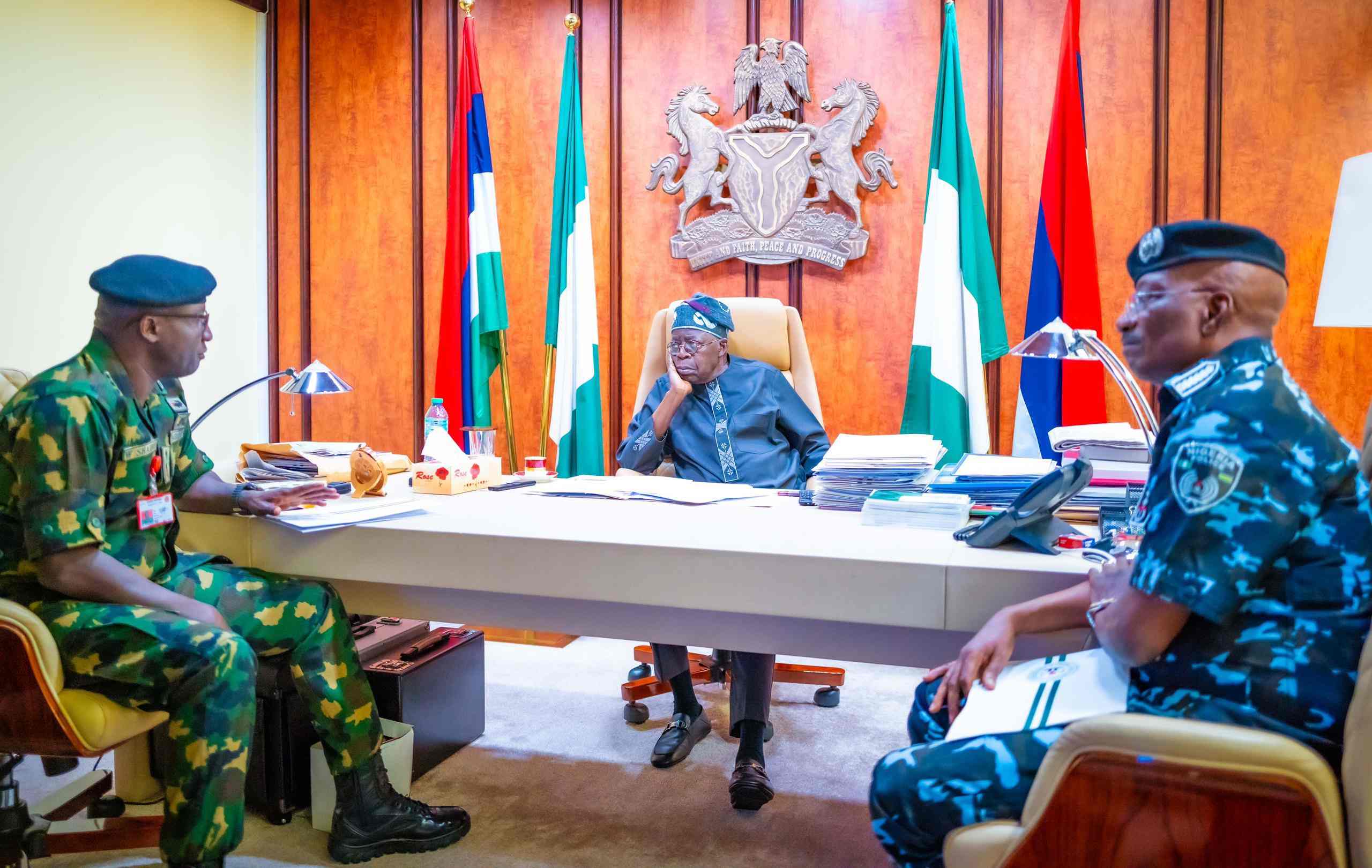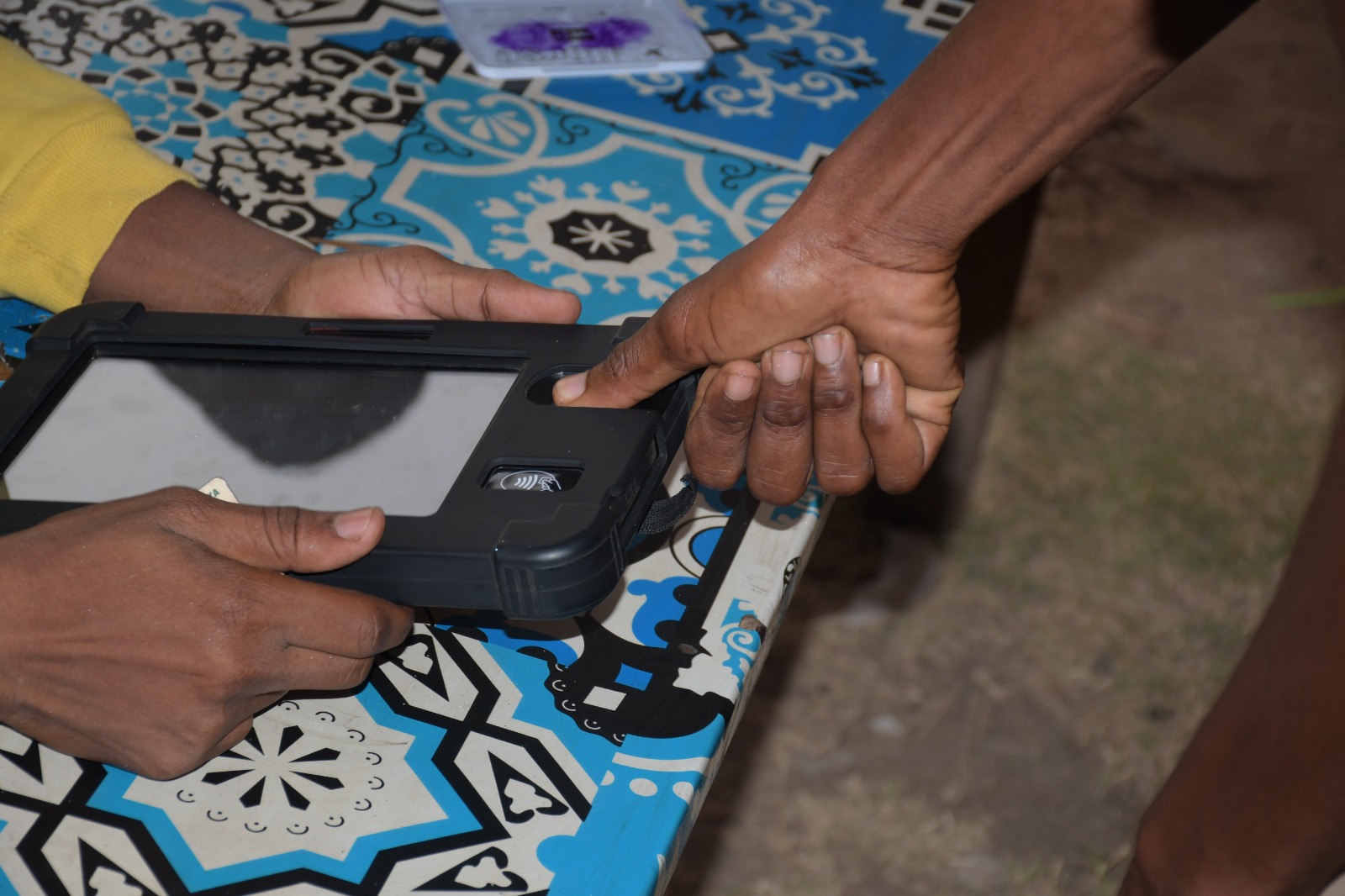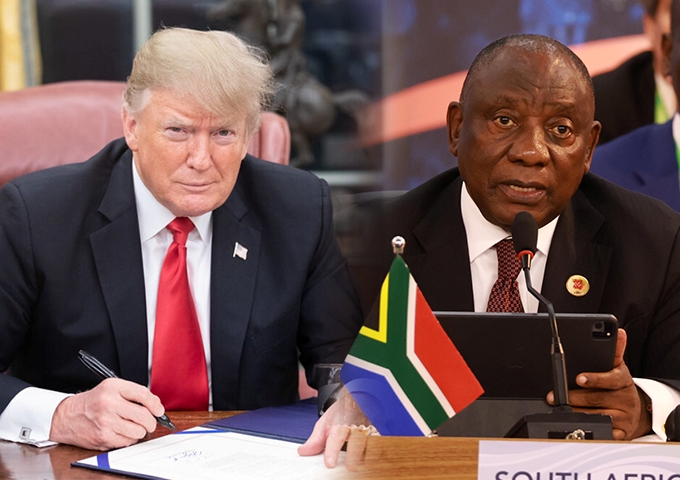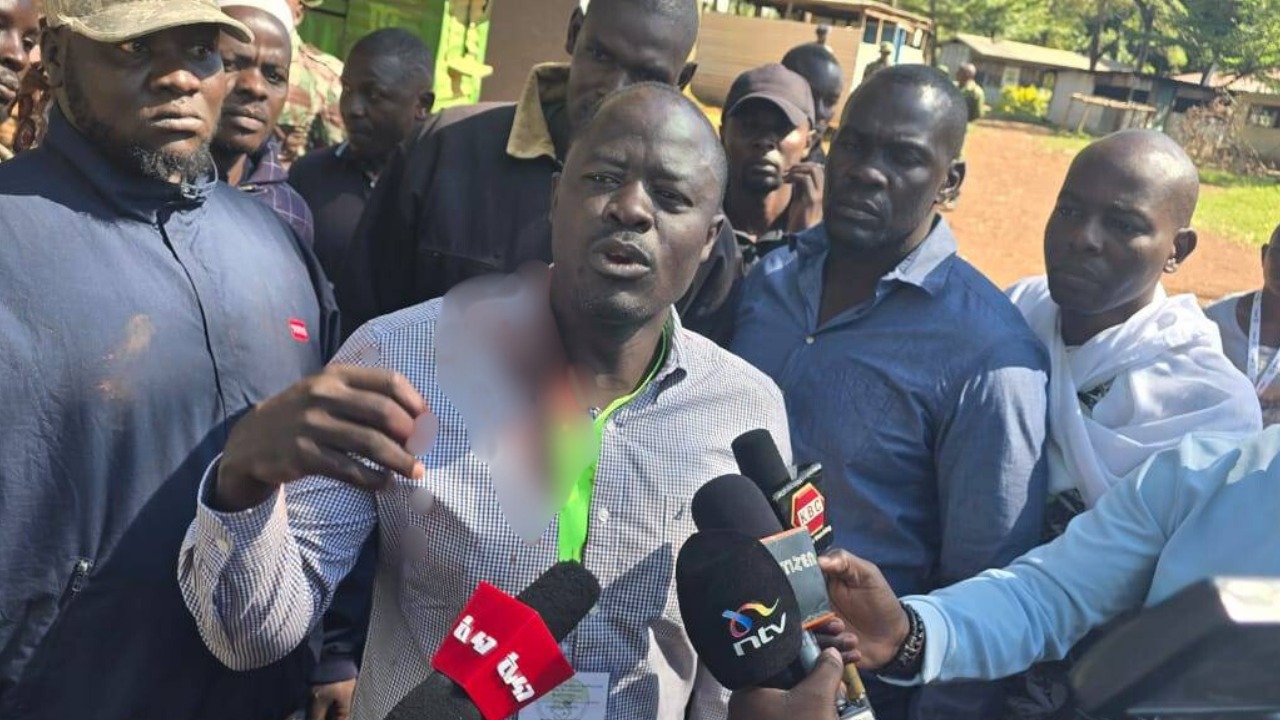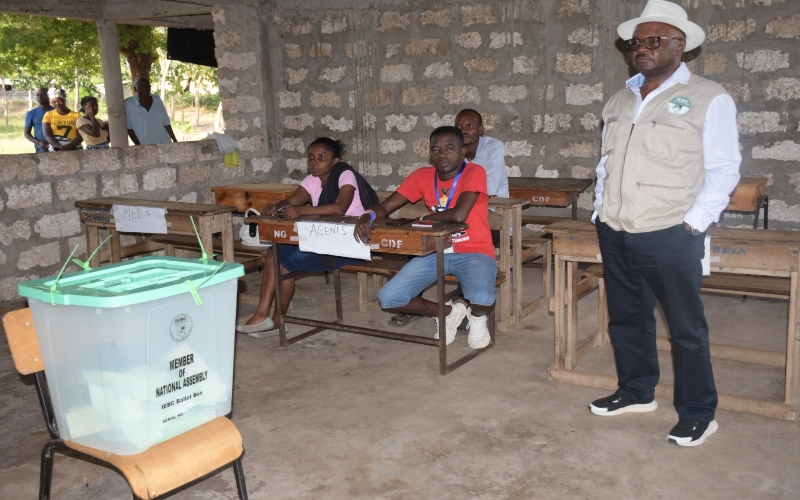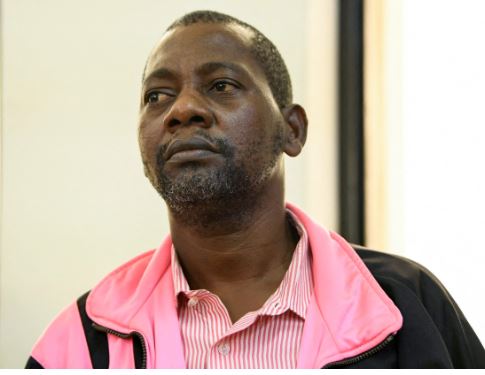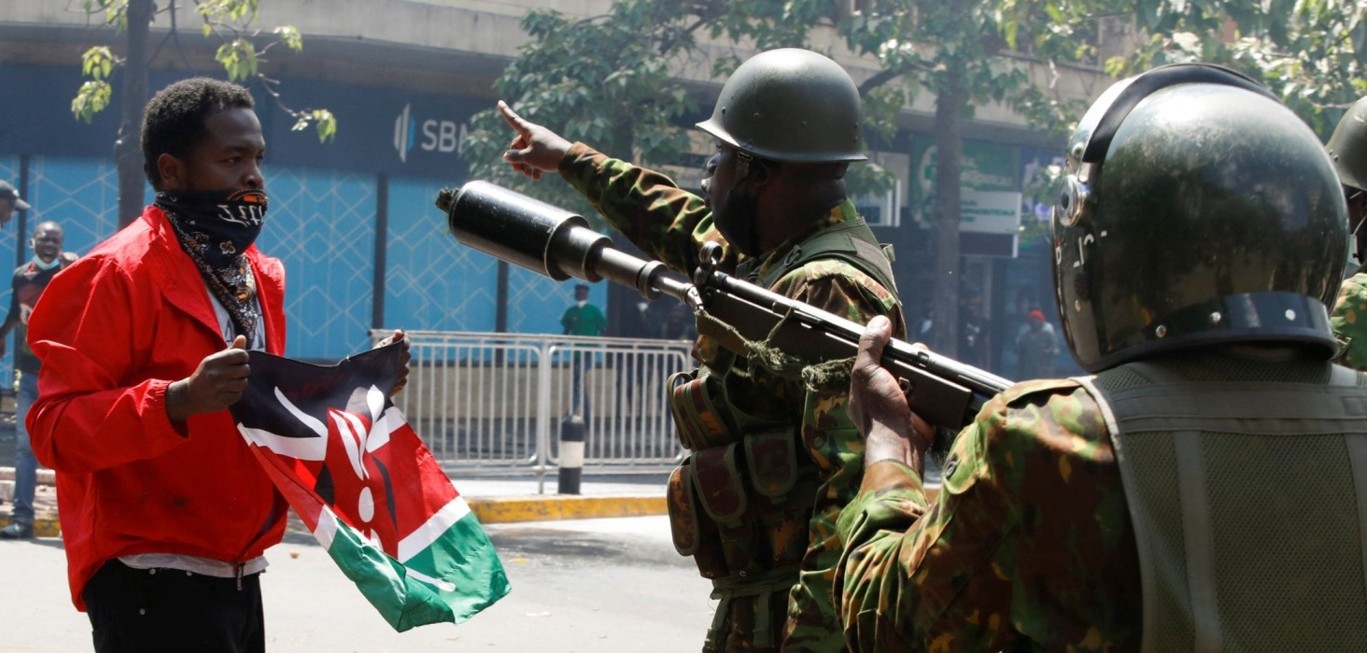Adani presents India with big financing ultimatum
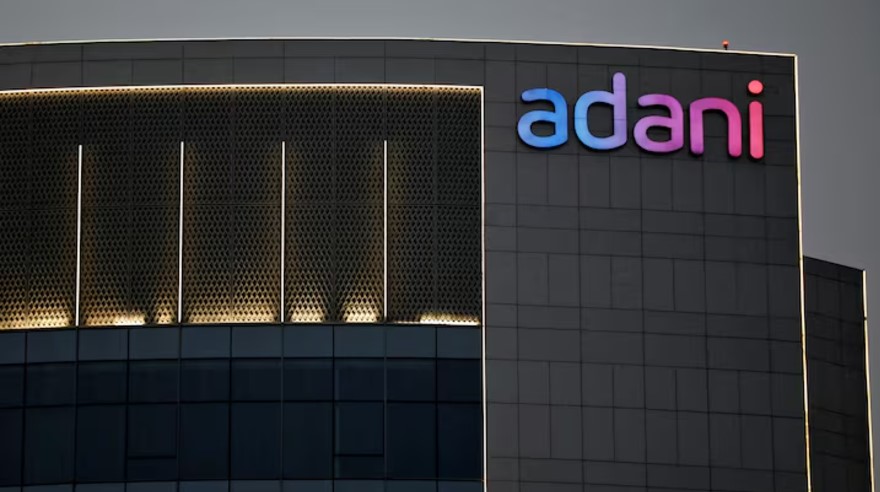
Whatever happens, Adani will almost certainly face higher borrowing costs because agencies are lowering some outlooks in response to the indictment.
Gautam Adani has put India on the spot. The country’s government may need to nudge local lenders to support the growth of the billionaire’s infrastructure conglomerate after the United States filed criminal charges against him. Such a decision, though, would come at a big cost.
One of the biggest borrowers in the world’s fifth-largest economy faces sweeping risks after US prosecutors accused the tycoon of bribing Indian government officials through Adani Green Energy, one of his 11 Mumbai-listed companies including the flagship, Adani Enterprises. Adani Group called the charges “baseless” and denied them.
More To Read
- Kenya seeks Sh258 billion funding for JKIA expansion after cancelling Adani deal
- KAA calls for public input on airport plans months after collapse of controversial Adani deal
- Raila calls for unity, blames politics for collapse of Adani deal to expand JKIA
- State eyes Sh70 billion in private funds for 2025/26 infrastructure projects
- Treasury revises PPP framework after public outcry over controversial Adani deals
- Kenya cancels multi-billion-shilling Adani border security project for visitor tracking
Containing the financial fallout will be hard because the tycoon tightly controls all his businesses. For now, his group has a strong cushion.
Though total borrowings doubled to $31 billion in the past five years, its cash balance grew faster and was equivalent to nearly 21% of gross debt as of September. That gives the group capacity to pay interest and maturing debt for about 28 months, by its own calculations.
Overseas lenders are likely to be the most cautious. Global capital markets, which supplied 23% of Adani’s existing debt, are probably closed for now. Last week, Adani Green Energy cancelled a $600 million offshore bond sale.
Foreign banks, among them Barclays, Emirates NBD and Mizuho, account for a further 27% of borrowings. While most loans are secured by cash-generating assets, lenders may lower funding limits, try to recall loans, or decide not to renew borrowing facilities or U.S. hedging contracts.
That puts the focus on Indian institutions. Domestic banks are on the hook for 42% of the group’s debt and finance most of its working capital. They will probably await a signal from New Delhi before making decisions on how to proceed. Prime Minister Narendra Modi has not yet commented on the saga.
India's regulator requires that banks limit their exposure to any single business group to 25% of their eligible Tier 1 capital. This stood at a collective $258 billion in September, according to rating agency ICRA. If the industry utilised the full limit, it could lend up to $65 billion – more than double the conglomerate’s total borrowings.
However, private lenders like HDFC Bank and ICICI Bank may be less ready to chip in than government-controlled institutions like State Bank of India. And most banks prefer to stay well below the cap on single exposures.
Whatever happens, Adani will almost certainly face higher borrowing costs because agencies are lowering some outlooks in response to the indictment. But that looks manageable too: increasing its financing costs by two percentage points to around 10% would require an additional $612 million outlay each year. The group builds a much higher buffer into its financial planning.
Adani also has capacity to fund its own operations. It generated EBITDA – a proxy for cash flow – of about $10 billion in the year to the end of March. It needs to spend that much every year to hit its target of investing $100 billion over the next decade. That implies it could probably afford to maintain its investment in airports, logistics, and the energy transition – including a 40-gigawatt renewable energy plant in Gujarat, billed as the world’s largest. If needed, the group could reduce the pace of growth in other areas such as commercial mining or materials.
One danger is that the indictment prompts other state governments in India or overseas to scrutinise their contracts with the group. There is no broader sign of that yet, though a US agency that agreed to lend more than $500 million to an Adani Group-backed port development in Sri Lanka said it’s still conducting due diligence on the project.
Some Indian bankers hope the incoming US government of President-elect Donald Trump will refrain from seeking to extradite Gautam Adani. Alternatively, the tycoon could agree a settlement that would eventually allow his empire back into global markets.
Adani and the Indian government may ultimately prefer the country’s core infrastructure to be funded domestically. But India’s financial markets are probably not deep enough to make that comfortable. Besides, the country spent years cleaning up after a bad debt crisis at its banks, and officials have since tried to reduce how much they meddle in lending decisions. If they now order banks to up their exposure to a group waving a large red flag, it will represent a backward step.
Other Topics To Read
Top Stories Today
